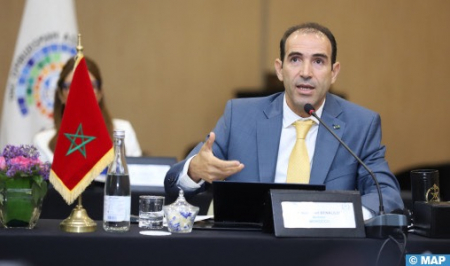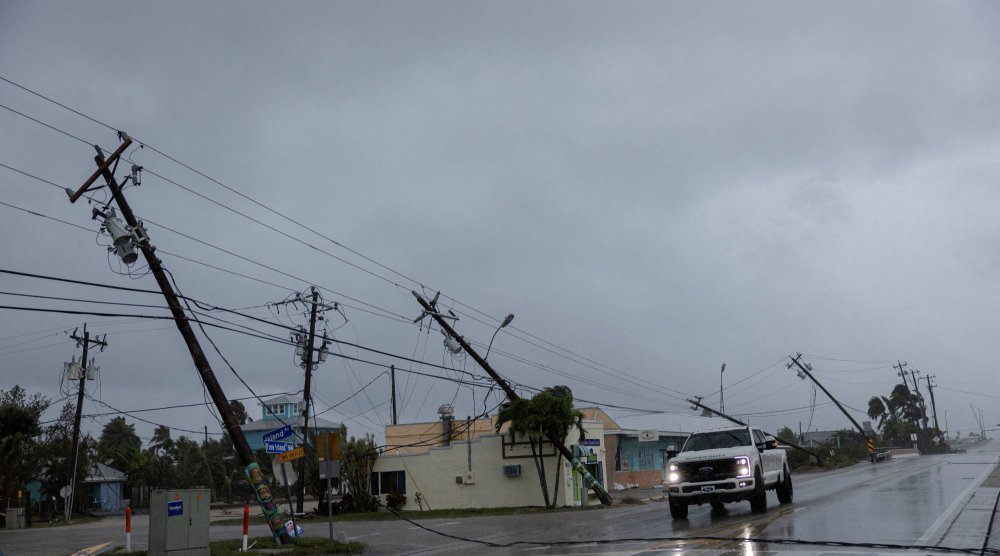Speaking at an international conference, Benalilou, who also serves as the First Vice-President of the International Ombudsman Institute, emphasized the importance of adopting new measures to bridge the gap between governance policies and human rights demands in an era of constantly evolving global dynamics.
He stressed that international cooperation must be addressed through innovative governance approaches, which he described as advanced mechanisms for reinterpreting institutional parameters and human rights within the framework of relationships between ombudsman institutions.
Benalilou highlighted the necessity of establishing administrative governance with shared characteristics to ensure institutional alignment and effectively tackle the significant challenges posed by governance across its many dimensions. This, he explained, involves making better use of the legal and political spaces available within individual legal systems, according to a statement from the Ombudsman Institution.
He also pointed to the obstacles faced by some institutions in positioning the Ombudsman’s work as “a cornerstone of official international cooperation.” These challenges, he noted, often stem from the demands for institutional independence or the scope of their interventions, particularly in addressing social tensions, public service deficiencies linked to management policies, or the need for greater political flexibility to manage such issues.
Additionally, Benalilou cautioned against the narrow perception that cooperation between ombudsman institutions is limited to strengthening institutional capacities, enhancing skills, and developing competencies.
He argued that this view mistakenly assumes a lack of administrative and managerial capabilities within these institutions. Instead, the real challenge lies in integrating governance, policy, human rights, and development dimensions into cooperative efforts.
These dimensions, he emphasized, are essential for fostering sustainable and meaningful impacts that gradually enhance the operational effectiveness of ombudsman institutions. By doing so, they ensure the sound governance of public services through the Ombudsman platform, thereby addressing both immediate and long-term governance challenges.
Concluding his remarks, Benalilou stressed that the success of any international cooperation framework hinges on involving both the media and the public in ombudsman programs, noting that, such participation, is key to fostering a shared sponsorship of existing cooperation projects, particularly in a global context shaped by the competitiveness of standards. By engaging these stakeholders, ombudsman institutions can build stronger, more collaborative frameworks for addressing pressing governance and public service issues.











Comments
0